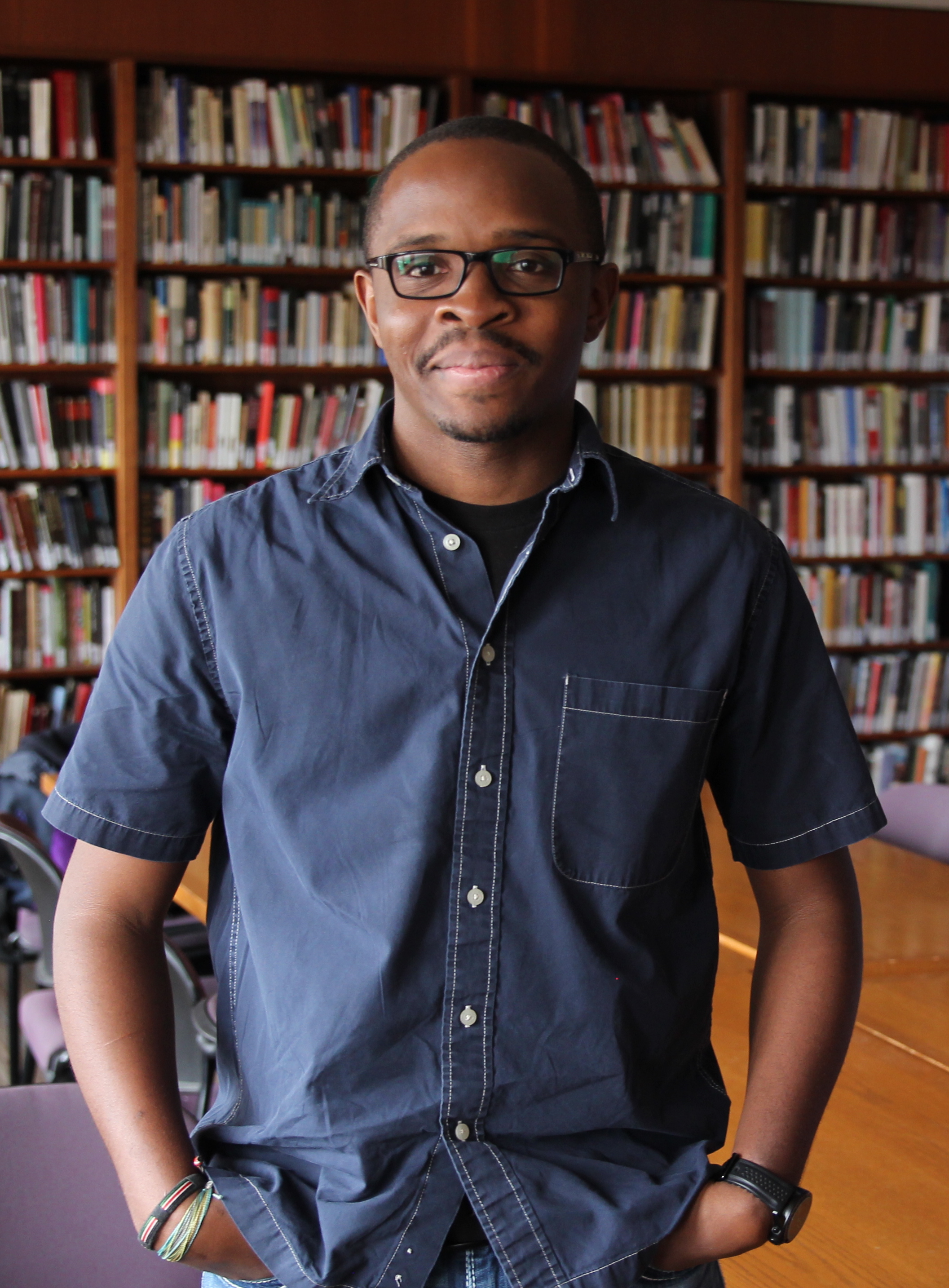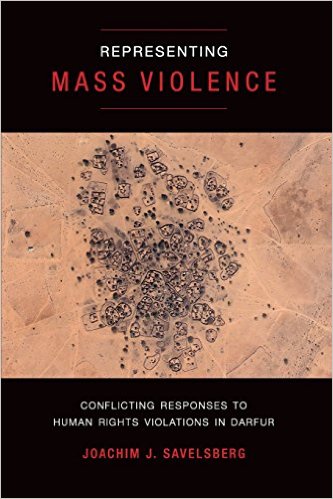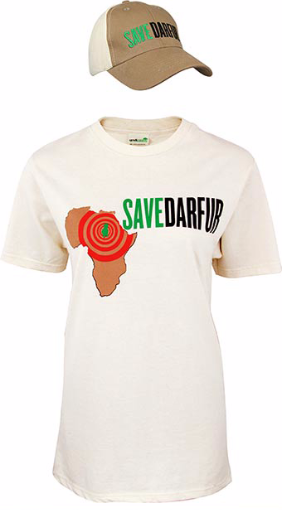October 14, 2016
To: President Barack Obama;
UN Secretary General Ban Ki-Moon;
Prince Zeid, United Nations High Commissioner for Human Rights
The Special Advisors on the Prevention of Genocide and Crimes Against Humanity to the UN Secretary General, respectively.
U.S. Senator John Boozman (R-AR); U.S. Senator McGovern (D-MA); and, U.S. House of Foreign Affairs Committee Ranking Member Eliot Engel (D-NY)
From: Scholars of Genocide Studies from Across the Globe, Human Rights Activists, Anti-genocide Activists, and People of the Cloth
Re., Actions That Must Be Taken Immediately in Regard to the Chemical Attacks on Darfur

 J. Siguru Wahutu was born and raised in Kenya and moved to Minneapolis to pursue his undergraduate education. He graduated from the University of Minnesota with a BA in Sociology and Global Studies and a minor in Cultural Studies. He stayed in Minnesota to obtain his PhD in Sociology with a thematic focus on genocide, media and collective memory and a regional focus on Africa. Wahutu is broadly interested in how news organizations and journalists in Africa produce knowledge about genocide and mass atrocity in neighboring African countries. He was the 2013-2014 and the 2015
J. Siguru Wahutu was born and raised in Kenya and moved to Minneapolis to pursue his undergraduate education. He graduated from the University of Minnesota with a BA in Sociology and Global Studies and a minor in Cultural Studies. He stayed in Minnesota to obtain his PhD in Sociology with a thematic focus on genocide, media and collective memory and a regional focus on Africa. Wahutu is broadly interested in how news organizations and journalists in Africa produce knowledge about genocide and mass atrocity in neighboring African countries. He was the 2013-2014 and the 2015 
 How do interventions by the UN Security Council and the International Criminal Court influence representations of mass violence? What images arise instead from the humanitarianism and diplomacy fields? How are these competing perspectives communicated to the public via mass media? Zooming in on the case of Darfur, Joachim J. Savelsberg analyzes more than three thousand news reports and opinion pieces and interviews leading newspaper correspondents, NGO experts, and foreign ministry officials from eight countries to show the dramatic differences in the framing of mass violence around the world and across social fields.
How do interventions by the UN Security Council and the International Criminal Court influence representations of mass violence? What images arise instead from the humanitarianism and diplomacy fields? How are these competing perspectives communicated to the public via mass media? Zooming in on the case of Darfur, Joachim J. Savelsberg analyzes more than three thousand news reports and opinion pieces and interviews leading newspaper correspondents, NGO experts, and foreign ministry officials from eight countries to show the dramatic differences in the framing of mass violence around the world and across social fields. with ‘Save Darfur’ emblazoned on them. Syria, Iraq, Liberia, South Sudan, and Central Africa Republic have overtaken Darfur in the attention sweepstakes in the news. In previous posts I have talked about Compassion Fatigue and the four horsemen of the apocalypse whenever atrocities were covered in the media. However, when is it ok to say enough is enough? When do we, as global citizens, stop shaking our heads and going “tsk tsk, it is so sad what is happening in that country”? These are questions I have asked myself over the past few years. As a graduate student, I have often wondered if my keeping an eye on Darfur is influenced by the fact that my research is in the region. Would it matter as much if my research was on, say, farming practices in Africa? I would like to think it would, if for no reason other than the fact that my country (Kenya) shares a border with South Sudan. I would like to think that whenever I opened the local daily at a coffee shop, or on my way to work in the morning, I would read the news about Darfur and seek out like-minded individuals to try and help in some way, shape or form. What form of help this would be I’m not sure as of yet. So to the question, what have I done for Darfur lately? My honest answer is not as much as I would have liked to do. As Darfur has morphed into a conflict occurring in the shadows (a dreadful prospect) my sense of hopelessness has also increased. What will your answer be?
with ‘Save Darfur’ emblazoned on them. Syria, Iraq, Liberia, South Sudan, and Central Africa Republic have overtaken Darfur in the attention sweepstakes in the news. In previous posts I have talked about Compassion Fatigue and the four horsemen of the apocalypse whenever atrocities were covered in the media. However, when is it ok to say enough is enough? When do we, as global citizens, stop shaking our heads and going “tsk tsk, it is so sad what is happening in that country”? These are questions I have asked myself over the past few years. As a graduate student, I have often wondered if my keeping an eye on Darfur is influenced by the fact that my research is in the region. Would it matter as much if my research was on, say, farming practices in Africa? I would like to think it would, if for no reason other than the fact that my country (Kenya) shares a border with South Sudan. I would like to think that whenever I opened the local daily at a coffee shop, or on my way to work in the morning, I would read the news about Darfur and seek out like-minded individuals to try and help in some way, shape or form. What form of help this would be I’m not sure as of yet. So to the question, what have I done for Darfur lately? My honest answer is not as much as I would have liked to do. As Darfur has morphed into a conflict occurring in the shadows (a dreadful prospect) my sense of hopelessness has also increased. What will your answer be?